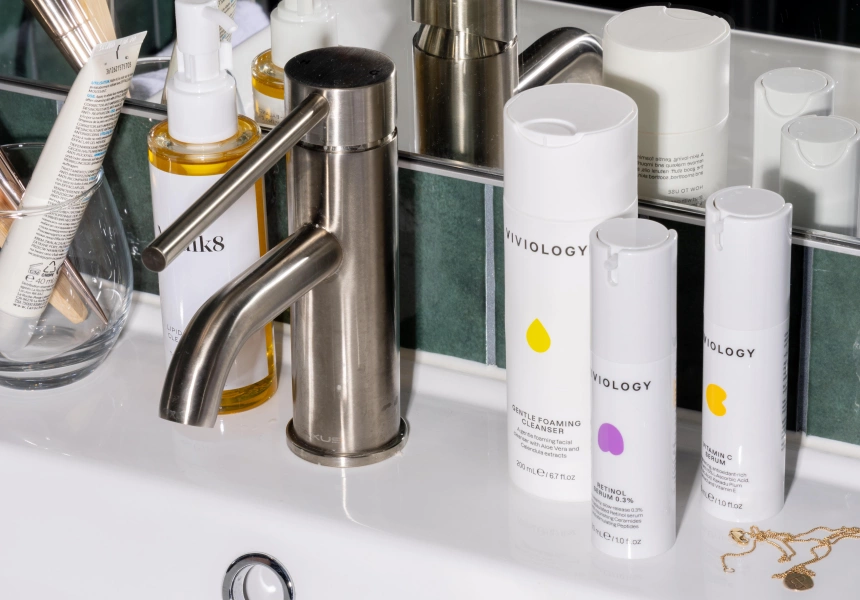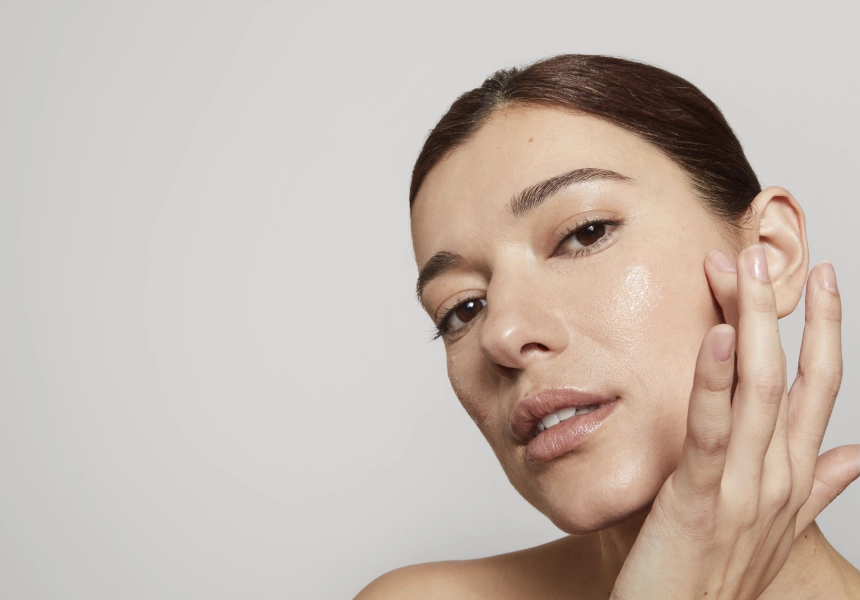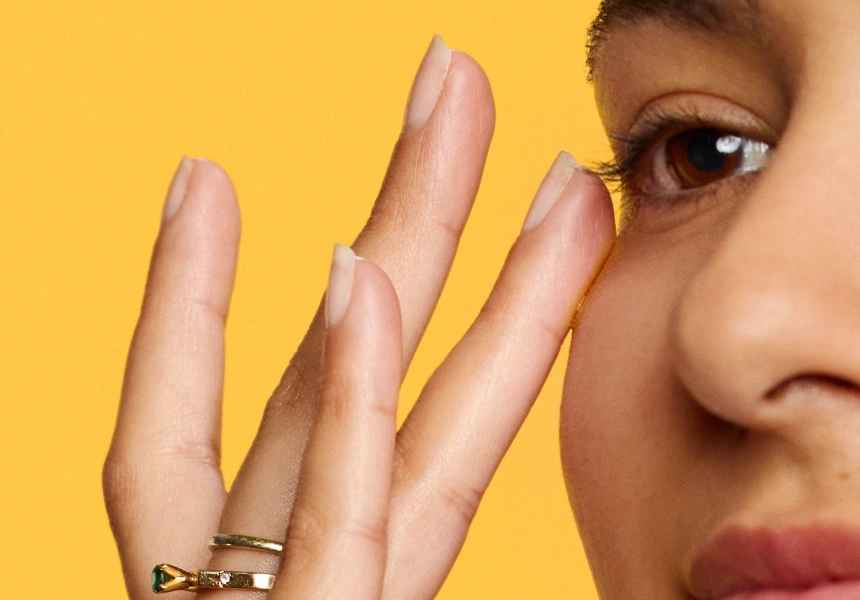Retinoid is more than just a beauty buzz word. This powerhouse ingredient – which can be delivered in various forms – has been found to help smooth out some fine lines and clear up blemishes; or if you’re lucky to have none of these issues, it can help keep it that way. This star ingredient has been around since the 1980s but as the science has improved, it’s become one of the buzziest skincare ingredients on the market. With buzz comes over-promises and hype, so we thought we’d recruit Australia and New Zealand’s beauty and skin gurus to clear up the confusion, so you can feel confident adding it to your pre-bed routine. Here’s what we found.
How retinoids work
Generally, most of us know to moisturise and cleanse our skin, and may have a hydrating serum (or the like) in our daily skin routine. But retinoids are another line of defence against daily wear and tear. The topical ingredient can help to improve the look and feel of your skin. It works by getting into the middle layer of the skin and promoting collagen and elastin production; this in turn helps to plump up the skin, reduce fine lines and minimise pores. As we age, skin cell turnover slows down, but retinol encourages and stimulates it.
What’s the difference between retinol and retinal?
Retinol is a type of retinoid, which is a broad name for any product that is a derivative of vitamin A. Or another way of saying it is that retinol is a type of vitamin A, which has long been found to keep your body healthy. Retinal (short for retinaldehyde) is also a retinoid and form of vitamin A. However, it’s further along the vitamin A pathway, which means it acts faster on the skin than retinol and boasts other added benefits.
Never miss a moment. Make sure you're subscribed to our newsletter today.
SUBSCRIBE NOW(In this article we’re only concerned with over-the-counter products, but there are more potent retinoids around that require a prescription, such as retinoic acid, or retin-A and tretinoin).
You’ve started using it – now what?
Aussie skincare brand Rationale, famous for its cult Essential Six regime (six products), encourages retinol use. “As we hit our mid-twenties and move into our thirties, our skin’s collagen and elastin production starts to slow down, making this the perfect time to introduce a vitamin A into any skincare ritual,” Katie Matten, head of Rationale education, tells Broadsheet. “Retinol promotes a bright, even-toned skin with smooth texture, and helps to stimulate the production of collagen to keep your skin full of bounce.”
Matten says it’s important not to introduce it too early (say in your early twenties) as it may cause overstimulation of the active ingredient and inflammation. Also, she says not to rush to conclusions on its effectiveness and expect instant results. “Skin changes are measured in months, not days, so going slow and steady is the key to success when introducing retinol, or any other potent actives, for that matter,” she says.
You should also make sure you’re applying sun protection factor (SPF) to your skin (as we all should already know). This is particularly important when using retinol and vitamin A products, as these can make the skin more sun-sensitive.
What’s the catch?
Because it’s quite an active ingredient influencing skin structure, it can cause some irritation and peeling, so it’s important to find the right retinol product for you. “Sometimes your skin needs strengthening and a transition into using retinol effectively,” the national training manager of Aussie skincare and beauty brand Ella Bache, Gina Cook, tells Broadsheet. “When first using it, we don’t recommend mixing it with other highly active ingredients until your skin is strong and tolerant. There can often be a reaction when you first start using retinol-based products, however it will generally subside as your skin builds a tolerance.”
That might mean using it every second day and then transitioning into daily use, or starting with a less concentrated product and increasing the percentage of retinol when your skin has adjusted. If you have sensitive skin, look out for an “encapsulated” formula (most recent retinols are made this way), which means it releases retinol slowly so it’s gentler on the skin, and there’s less dry, flaky skin and sensitivity.
Of course, you can outsource the thinking to the experts. The likes of Ella Bache, Dermalogica and high-profile facialists like Melanie Grant (who has studios in Sydney and Melbourne) can help you figure out what your skin can take and devise a regime that works for you.
And while we’re here, let’s debunk a retinol myth. Because people might experience skin peeling when they start to use retinol, they think their skin is thinning. That’s not true – in fact the opposite is happening – the collagen production is making your skin thicker.
Even the delicate eye area can benefit from retinol
Although retinol can cause irritation, it doesn’t mean you can’t apply it to the eye area. And because wrinkles show up there, it’s one of the areas to benefit from the collagen-stimulating effects of retinoids.
What we suggest you do is go for a regular eye-care cream, and to enhance this step in your routine, mix in retinol a couple of times a week. Or you can seek out a specific retinol eye serum, such as the Retinol Renewal Eye Serum by Ella Bache. “With the skin underneath our eyes being the thinnest on our face, and our eyes blinking more than 10,000 times per day and the muscles constantly active, the lightweight texture of this eye serum, and specifically designed ingredients, improve elasticity and the skin’s appearance,” says Cook.
“Our serum is formulated with 0.3 per cent encapsulated retinol, combined with antioxidant-rich, hydrating and calming ingredients, meaning this was developed specifically for the delicate eye area.”
There’s also Murad’s Retinol Youth Renewal Eye Serum and Rationale #6 The Eye Crème. Again, test and build up your usage if you’re a newcomer.
How about using other vitamin A products?
New Zealand’s cult beauty guru Emma Lewisham opts for vitamin A over a straight-up retinol to great effect. Her bestselling Supernatural Vitamin A Face Oil has a vitamin A plant-based formula that
works well for many skin types. Its hero ingredient is bakuchiol, which has been called a “retinol alternative”. “Plus, … it contains 79 per cent organic certified ingredients, it’s great for sensitive skin, and safe to use during pregnancy,” Lewisham tells Broadsheet.
Lewisham says it should improve the appearance of fine lines and wrinkles without drying, irritating or causing skin sensitivity. “[The product’s] 21 high-performing actives improve skin texture, suppleness and elasticity, while our innovative phytolipid complex reveals a healthier, more hydrated, luminous complexion.”
10 products for retinol beginners and experts
The Ordinary Retinal 0.2% Emulsion
$25.50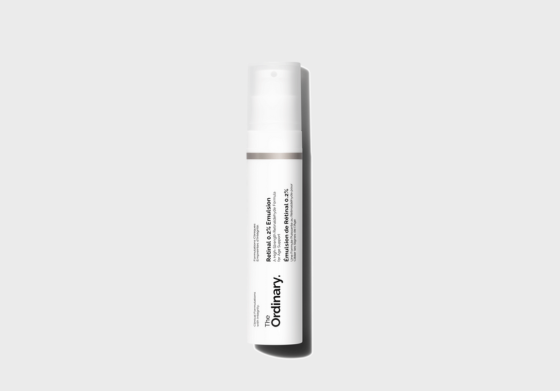 This is The Ordinary’s highest strength retinoid formula, containing 0.2 per cent stabilized retinaldehyde. The brand offers a range of formulas that differ in strength and delivery.
This is The Ordinary’s highest strength retinoid formula, containing 0.2 per cent stabilized retinaldehyde. The brand offers a range of formulas that differ in strength and delivery.
Medik8 Crystal Retinal
from $89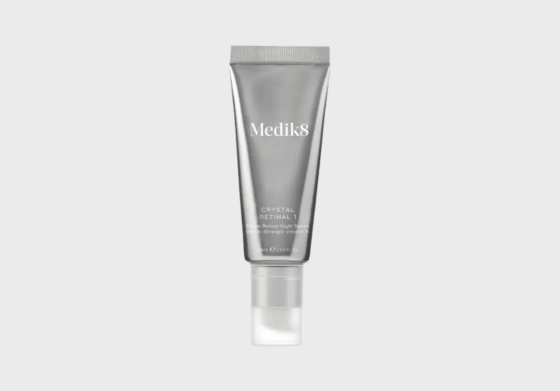 This cult product comes in increasing strengths for novices and knowing users alike.
This cult product comes in increasing strengths for novices and knowing users alike.
Emma Lewisham Supernatural Vitamin A Face oil
$145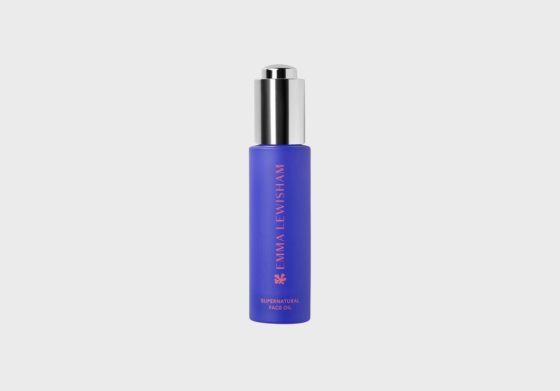 If you’re looking for potency while retaining a more gentle touch, this is perfect. Plus, it has a supremely lovely texture. (As a bonus you can buy re-fill pouches to save on buying new bottles and then even recycle those pouches too).
If you’re looking for potency while retaining a more gentle touch, this is perfect. Plus, it has a supremely lovely texture. (As a bonus you can buy re-fill pouches to save on buying new bottles and then even recycle those pouches too).
Viviology Retinol Serum 0.3%
$69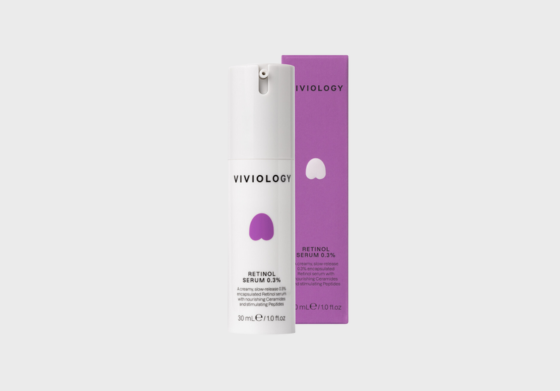 This one comes from Australia’s “Skin Whisperer” James Vivian’s line Viviology. The slow-release formula is supported by ceramides and peptides to nourish and stimulate skin.
This one comes from Australia’s “Skin Whisperer” James Vivian’s line Viviology. The slow-release formula is supported by ceramides and peptides to nourish and stimulate skin.
Rationale #6 The Night Crème
$230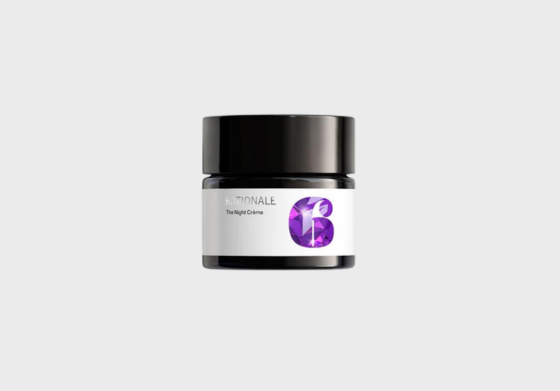 This night cream promised to hydrate, as well as give you the anti-aging and smoothing benefits of this high-functioning retinol formula. There’s also an eye cream for a targeted approach.
This night cream promised to hydrate, as well as give you the anti-aging and smoothing benefits of this high-functioning retinol formula. There’s also an eye cream for a targeted approach.
Go-To De-Crease
$55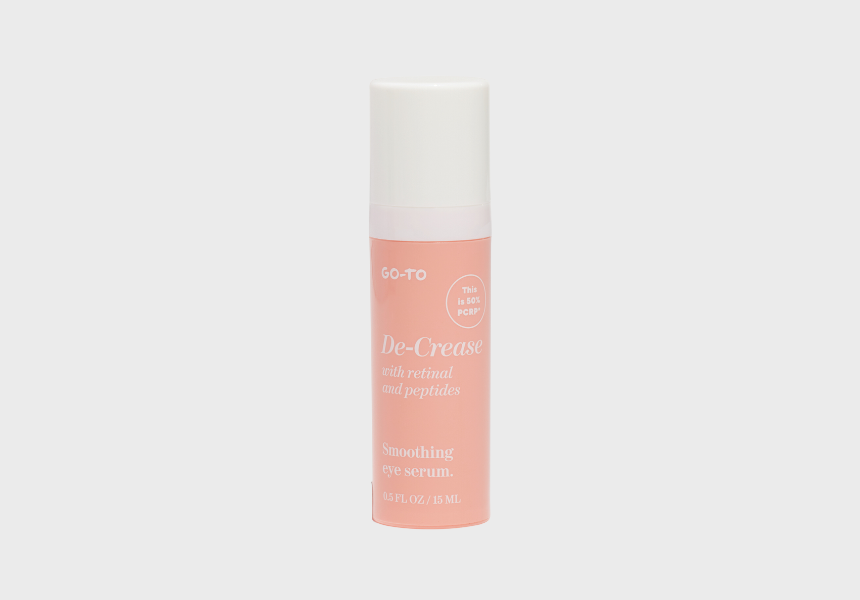 Peptides, honey locust extract, niacinamide and mushroom extract work alongside retinal to soothe and hydrate the skin, claiming to promote a smoother under eye area.
Peptides, honey locust extract, niacinamide and mushroom extract work alongside retinal to soothe and hydrate the skin, claiming to promote a smoother under eye area.
Ultraceuticals Ultra A Perfecting Serum Mild
$118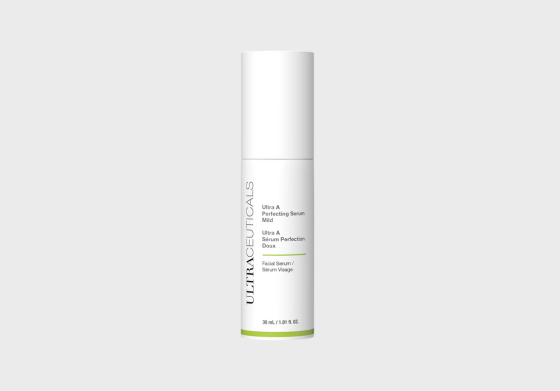 A milder take on an Ultraceuticals cult product, this serum is suitable for first-time users. If you’re looking for something more intense, you can kick things up a notch with more intense formulas.
A milder take on an Ultraceuticals cult product, this serum is suitable for first-time users. If you’re looking for something more intense, you can kick things up a notch with more intense formulas.
Murad Retinal Resculpt Overnight Treatment
$170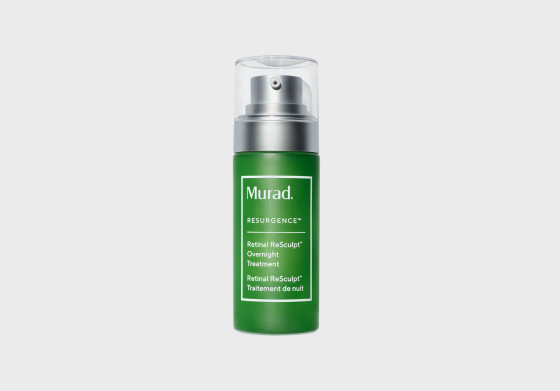 Ingredients like olive leaf extracts, oat lipids and alpha glucan claim to boost moisture, which helps balance this potent formula.
Ingredients like olive leaf extracts, oat lipids and alpha glucan claim to boost moisture, which helps balance this potent formula.
Ella Bache Retinol Renewal Eye Serum
$116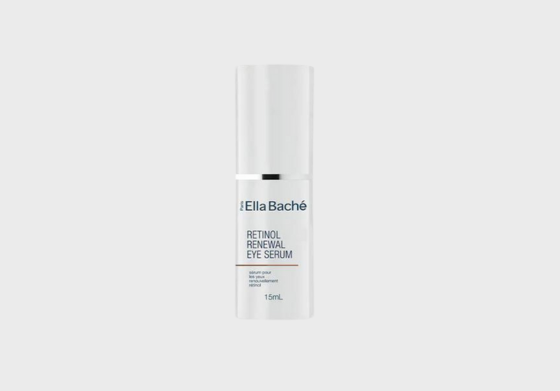 A great all-rounder for the eyes, this product has 18 active ingredients that claim to work to target aging, pigmentation, sun damage, blemishes and enlarged pores while firming and hydrating.
A great all-rounder for the eyes, this product has 18 active ingredients that claim to work to target aging, pigmentation, sun damage, blemishes and enlarged pores while firming and hydrating.
Dermalogica Retinol Clearing Oil
$142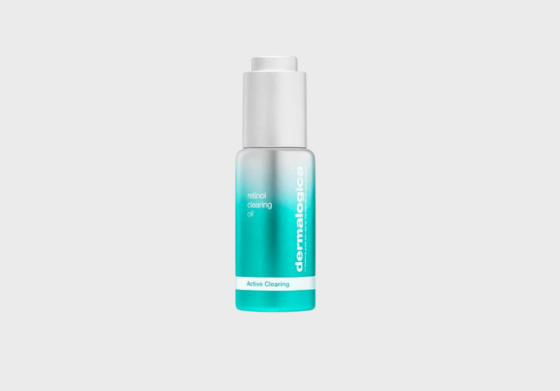 Retinol and salicylic acid combine for an amped up product that promises skin-clearing results. This oil is smooth and light, and perfect for skin that likes some extra moisture.
Retinol and salicylic acid combine for an amped up product that promises skin-clearing results. This oil is smooth and light, and perfect for skin that likes some extra moisture.This story was first published in July 2022 and has since been updated. Additional reporting by Alice Jeffery.
Want more skincare stories? Check out The Top 10 Best Budget Beauty Products and Brands to Buy Right Now (From $13).
